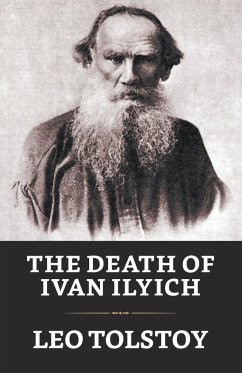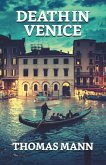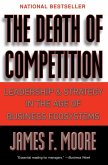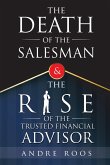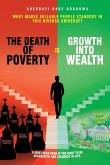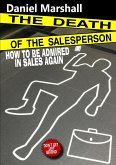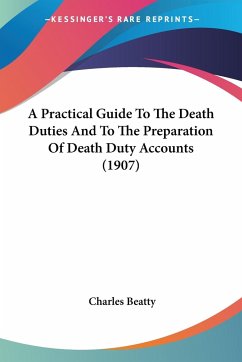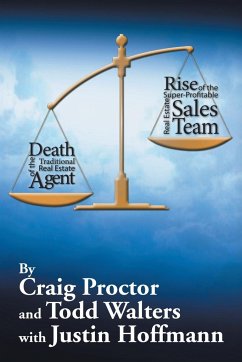The Death of Ivan Ilyich is probably his best-known work after War and Peace - and with good reason. It is one of the most lacerating works of literature ever written, a hard, pitiless stare into the abyss, not just of death, but of human nature. Greed, Purity, and Corruption. Focusing on Ivan Ilyich's careerist worldview and its destructive qualities, The Death of Ivan Ilyich warns against the toxic, soul-corrupting effects of fixating on status, money, and power. Hailed as one of the world's supreme masterpieces on the subject of death and dying, The Death of Ivan Ilyich is the story of a worldly careerist, a high court judge who has never given the inevitability of his dying so much as a passing thought.
Hinweis: Dieser Artikel kann nur an eine deutsche Lieferadresse ausgeliefert werden.
Hinweis: Dieser Artikel kann nur an eine deutsche Lieferadresse ausgeliefert werden.

